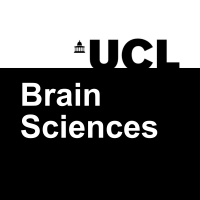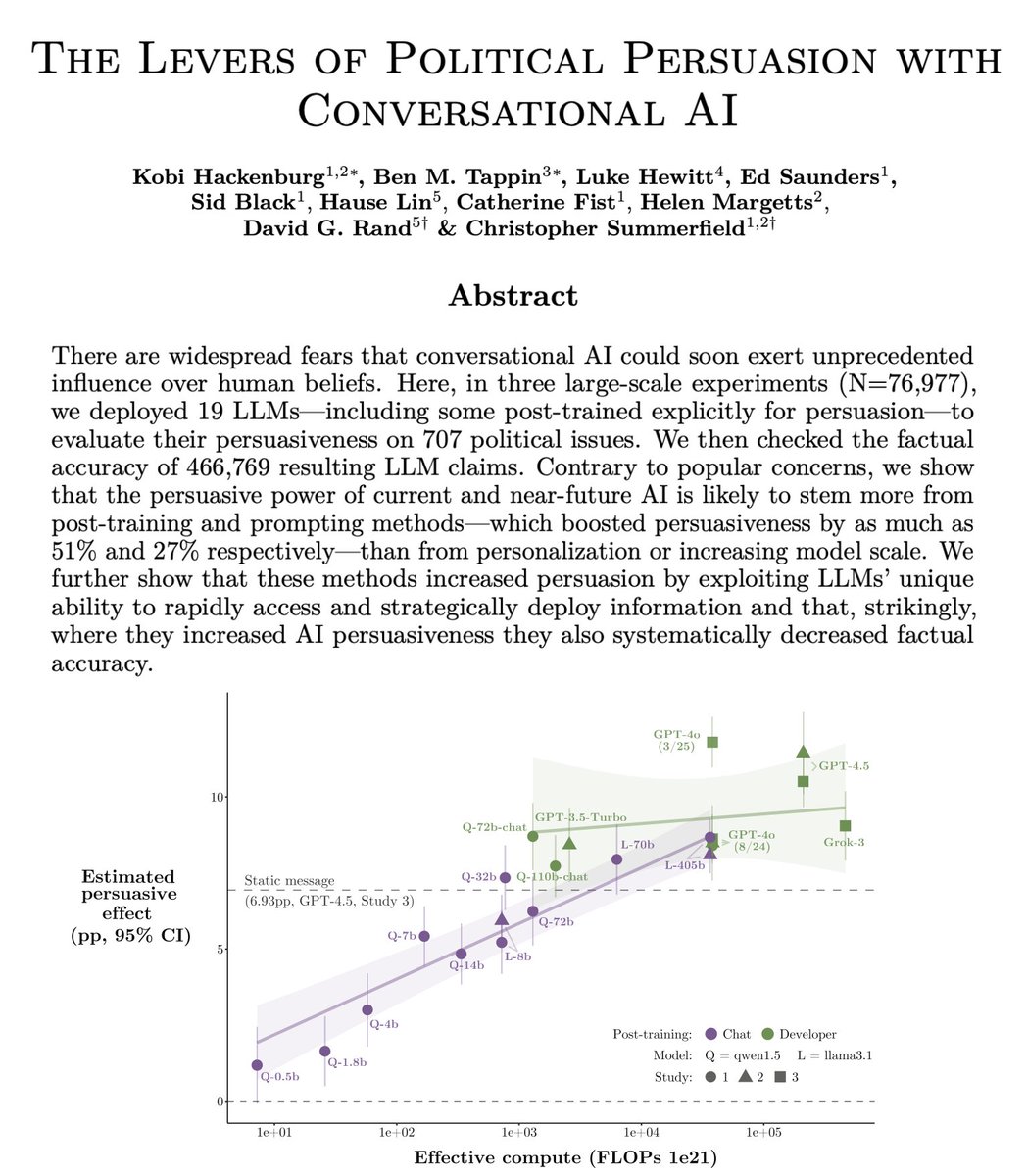
Moshe Glickman
@moshe_glickman
Computational cognitive scientist, postdoctoral fellow @affectivebrain, father of Yuvali & Ariel, and an amateur tennis player 🎾
ID: 1319921799669448705
24-10-2020 08:41:04
98 Tweet
382 Takipçi
626 Takip Edilen

Join the Thought Dynamics Lab!💭 We seek postdocs passionate about computational psychiatry, thought dynamics, NLP, communication, and semantic alignment. sites.google.com/view/thought-d… Consider applying for the prestigious Azrieli Post-Doctoral Fellowship: azrielifoundation.org/fellows/intern…

New(ish) paper w/ affective.brain & Bastien Blain in Scientific Reports! We find that during stress (both COVID and personal events), people search for more “How” questions online. This shift indicates a heightened demand for actionable info. Link: nature.com/articles/s4159… 🧵1/3

Human-AI interaction is always a hot topic. Moshe Glickman and affective.brain revealed a feedback loop where interacting with AI alters the processes behind our perceptual, emotional, and social judgements. This increases biases in humans over time. 🧵 nature.com/articles/s4156…


⭐️PhD in Cognitive/Computational Psychology, Please Share !⭐️ Use Reinforcement Learning to study how mis/misinformation affects us. For full funding, one has to be eligible for UK home fees. QMUL Psychology Deadline: April 20. For more information: findaphd.com/phds/project/c…

We're delighted to announce that Prof. Tali Sharot (UCL Psych & Lang Sci, affective.brain) has been awarded £3.5m as part of Wellcome Discovery Award scheme to investigate the 'joy of thinking’. buff.ly/V3oCDFR

🚨 New preprint alert! 🚨 w/Rani Moran osf.io/preprints/psya… From partisan news to algorithmically curated content, we constantly receive biased misinformation. With biased input, can our beliefs be accurate? Turns out, biased misinformation distorts our beliefs! 👇🧵 1/13


Are we “strangers to ourselves”? Classic theories say people have limited insight into how they decide. Our new paper at Nature Communications challenges this view. With Ryan Carlson, hedy, & M.J. Crockett. nature.com/articles/s4146… 🧵


🚨New paper Alert! So many people ask AI for emotional support – but is it like support from a human? Our new paper published in Nature Human Behaviour explores whether people value #AI - generated #empathy as much as human empathy, in 9 preregistered studies with 6,282 participants.🧵

Today (w/ University of Oxford Stanford University Massachusetts Institute of Technology (MIT) LSE) we’re sharing the results of the largest AI persuasion experiments to date: 76k participants, 19 LLMs, 707 political issues. We examine “levers” of AI persuasion: model scale, post-training, prompting, personalization, & more 🧵


Proud & excited to share, 8 years(!) after starting this work. 🚨New in Nature Human Behaviour🚨 BEAST-GB: a hybrid model predicting human choice at near-ceiling levels. It uses small data, beats behavioral & AI models, generalizes across contexts, and even explains human choice! 1/x




